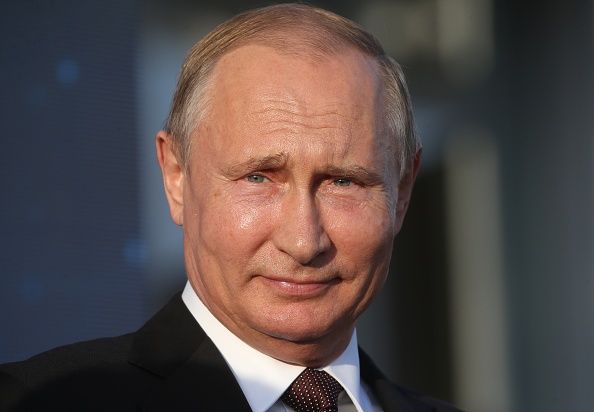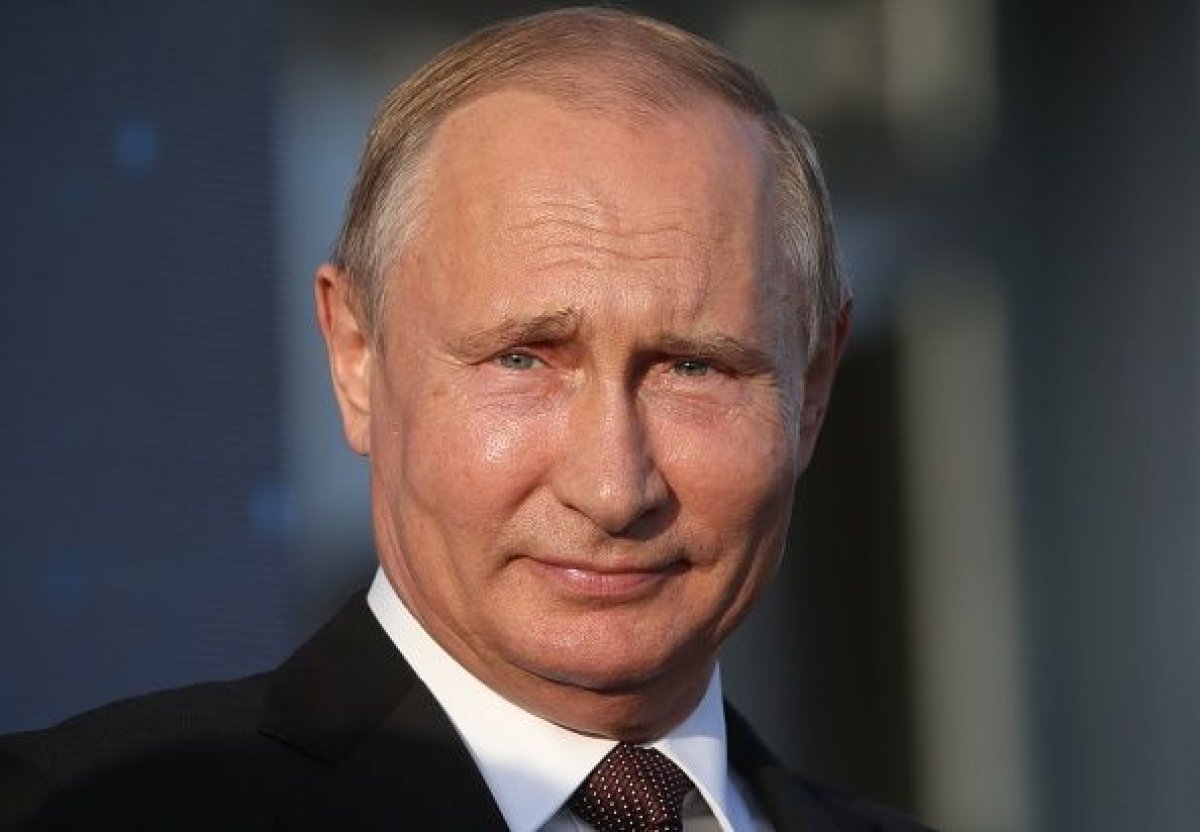
Russian President Vladimir Putin once owned an ID card for East Germany's Stasi, the Soviet-era secret police, according to a German publication.
The Stasi identification card, which was first reported on by the German newspaper Bild on Tuesday, was valid until 1989 and bore the name "Major Vladimir Putin." It also had Putin's photograph and signature.
The ID was discovered by historical archivists handling Stasi personnel files.
Putin served as an officer of the KGB in the East German city of Dresden until 1990. Fluent in German, he adopted the cover of a translator.
German officials told Bild that the Stasi ID card would have allowed Putin to enter East German government buildings without having to identify himself as a KGB agent. He also would have been able to recruit members of the Stasi to work for the KGB. Kremlin spokesperson Dmitry Peskov noted that the Stasi and the KGB worked closely together and may have exchanged documents.
"My guess is that in the Soviet era, the KGB and the Stasi were partners and for this reason one should not rule out they might have exchanged identification papers and passes," Peskov told reporters, directing any further questions about the report to Russia's foreign intelligence services.

Researchers have noted that the two agencies worked closely together until the collapse of communism and the fall of the Berlin Wall in 1989.
"The East German Ministry for State Security (MfS or Stasi) was established and developed under the strict control of the Soviet secret services (the NKVD, the MGB, and finally the KGB). Up until the very end of its existence, the MfS worked closely together with the KGB," a report from the Cold War International History Project and the Office of the Federal Commissioner for the Stasi Records said.
"Established in February 1950, the East German Ministry for State Security (MfS) never overcame its subordination to the Soviet secret service. [German communist official Erich] Mielke himself characterized the Stasi as 'a fighting division of the renowned Soviet Cheka'– a general term for the Soviet secret police," the report continued.
Putin began working for the KGB in St. Petersburg, Russia, after he finished his law degree in the mid-1970s. East Germany was his first foreign posting. He began his career when then KGB chairman Yuri Andropov was pushing to hire new young recruits. Still, he had a lifelong interest in espionage even before he began his career in the secret service, according to his biographers.
Uncommon Knowledge
Newsweek is committed to challenging conventional wisdom and finding connections in the search for common ground.
Newsweek is committed to challenging conventional wisdom and finding connections in the search for common ground.
About the writer
Cristina Maza is an award-winning journalist who has reported from countries such as Cambodia, Kyrgyzstan, India, Lithuania, Serbia, and Turkey. ... Read more
To read how Newsweek uses AI as a newsroom tool, Click here.








